
In recent years Russian Railways has launched Europe’s longest continuous train journey: 50 hours for a total of 2500 kilometers, from Nice (France) to Moscow, the Russian capital. What seems like a mammoth task, was accomplished in a relatively short time enabling the great number of European tourists and business travellers to reach the remote Russian territory without setting foot on a plane.
However, this route is mostly very useful the other way around, that is for the large number of Russians who every year decide to spend their holidays in the French riviera (one of Russians’ favorite destinations since the days of the Tsar).
If you want to know more how travelling from Nice to Moscow looks like, keep on reading!
Travelling on the Nice-Moscow express is not the cheapest experience: tickets’ price may vary from 400 to even 900 euros, depending on the type of cabin you’ll pick (you can either travel in a single bed cabin, in a double bed or in a four bed one). Every compartment has fold-down bed with white linen and a door leading to the bathroom, with shower, basin and lavatory included. In order to book tickets, check this site.
The train is equipped with a big dining car and a fancy restaurant, serving salmon caviar, Russian soups, pork, fresh steak, stuffed chicken and a long wine list. As expected food prices are quite high, however it is allowed to take food in the train (highly recommended).
Nice – The journey starts at Nice Central Station, not far from the city center. Nice is a quite a popular destination for Russians, especially in summer. The train usually leaves from there in the late afternoon.
Montecarlo – Shortly after Nice, the train will stop to the expensive Montecarlo, after entering the state of Monaco.
Menton – Menton is a little city on the French riviera, famous for its gardens and beautiful sea. If you are travelling on the Nice-Moscow train and you have the time to visit it real quick, we highly recommend it.
Ventimiglia – Ventimiglia will be the following stop, just after Menton. It is a small city on the France-Italy border, famous for its beaches and focaccia (a type of Italian bread).
Genoa – Genoa is one of Italy’s main city, famous for its huge port and for being the world capital of pesto (a famous green pasta sauce).
Milan Rogoredo – The train will then stop at Milan as well, but unfortunately Rogoredo station is quite far from the heart of the city and you won’t have much time to visit the surroundings.
Verona – Going towards Verona’s train stop, you’ll get a beautiful glimpse of lake Garda and the Italian surroundings.
Vienna – The train, directed from Italy to Austria, will pass through amazing mountain landscapes that you can admire from the window, sipping on a cup of black tea.
Warsaw – Passing Katowice (south of Poland), the train will stop at Warsaw, the capital.
Brest – Brest is a railway town on the Belarus-Poland border, and the stop next to Warsaw. Here carriages are separated, and wheels are substituted to fit the gauge of Russia and Belorus.
Minsk – The train will stop at Minsk, the capital of Belarus, just for a couple of minutes.
Moscow – The trip will end in Moscow’s station Belorusskij voksal, at around 20.00.
Judging from passengers’ opinions, the Nice-Moscow train is one of a life experience: despite the length of the trip (almost 50 hours!), time seems to be flying on board.
What strikes the most is nature: it is simply mesmerizing to observe it as it changes right in front of your eyes. We go from the warm and sunny French riviera to the mountainy Austria, to the desolation of Russian steppe, everything in less than 2 days!
Although it is certainly not the cheapest way to travel to Russia, it surely is a one of a kind trip that will enable you to experience nature (and distance) differently. You’ll just need to take some food with you, a couple of good books and be ready to meet a lot of interesting people who, just like you, enjoy new adventures.
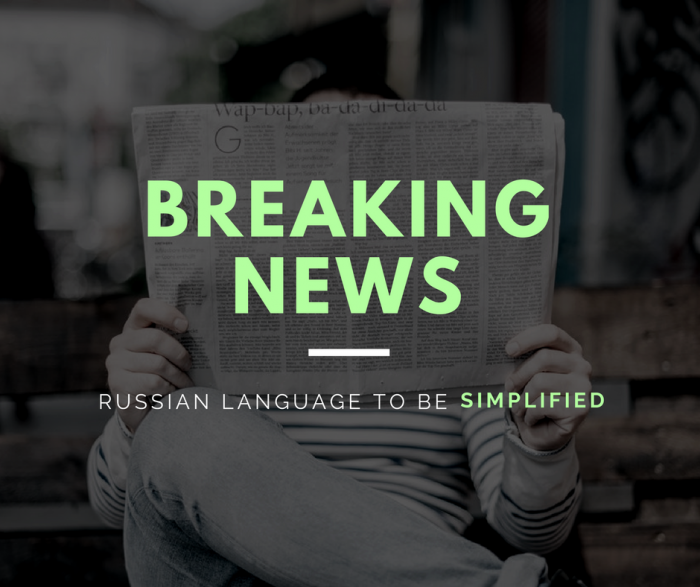
Students will be happy to learn that the Russian Government has today announced plans to make Russian language easier in an effort to simplify greater international engagement. …

In a previous post, we revealed that Russians don't really say “na zdarovje” when they toast. While the phrase has been popularised in English language media – and a lot of Russians will nod politely and clink glasses with you if you use it – it’s not something a native speaker would ever…
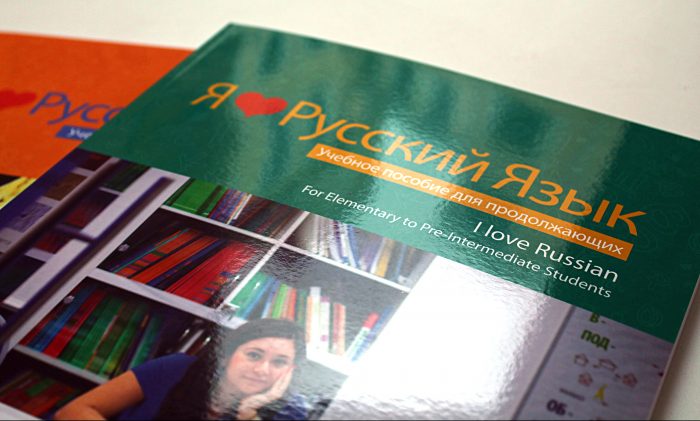
Improve your Russian while working as an expat? Mission possible! …

What could be a better way for Russian immersion than reading, especially when you read the books that you find interesting and that can give you a better idea of the culture of Russia? Co-founder of Liden & Denz, Walter Denz shares his experience on how reading Russian literature can improve your…
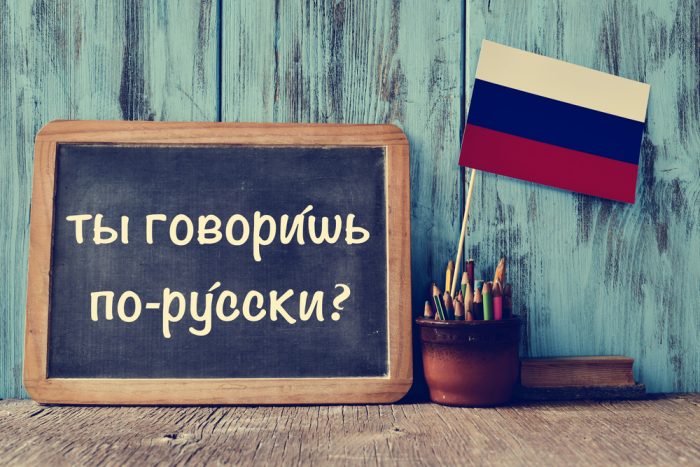
Learning a language is hard. Keeping it when you don't have classes is even harder. So this article is not about how to learn Russian, but how to maintain your Russian. …
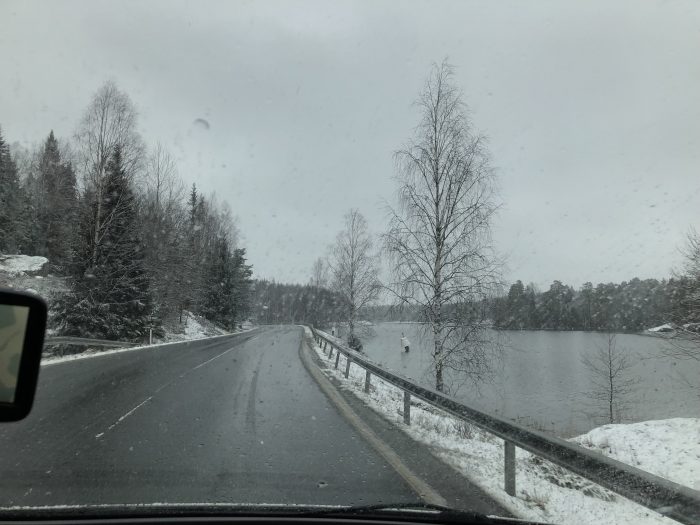
I love Russia. I have been living in St. Petersburg for almost two months, and after travelling all around the world it feels like I have finally found a place where I would see myself settling down. The inexorable beauty of the streets, the architecture, the importance of art and culture, the water…

Oh, the Russians! I was recently watching the last season of Stranger Things and, to my surprise, Russians are quite present there. For those of you who might not be familiar with the TV series, it is set on an American town during the 80s. And what do we recall from those times? The unique fashion…
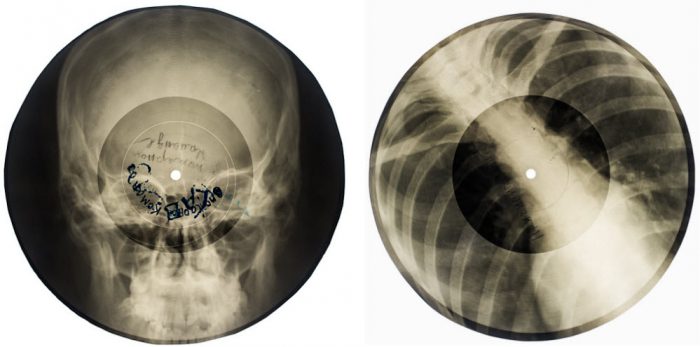
In an attempt to improve my Russian skills, I decided to start watching a TV series in Russian. After thorough research, the result of which you can read on my post about how to learn Russian with Netflix, I decided I would start watching Fartsa. I am no sure of how much Russian I am learning thanks…